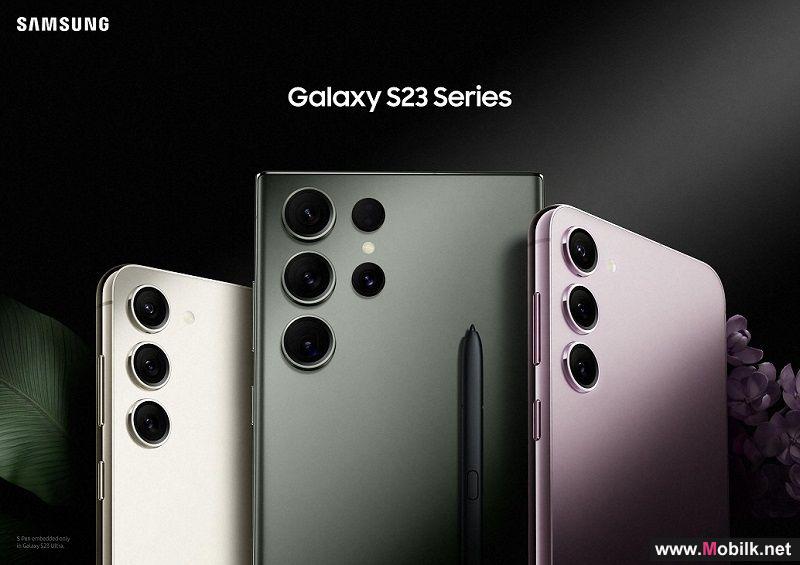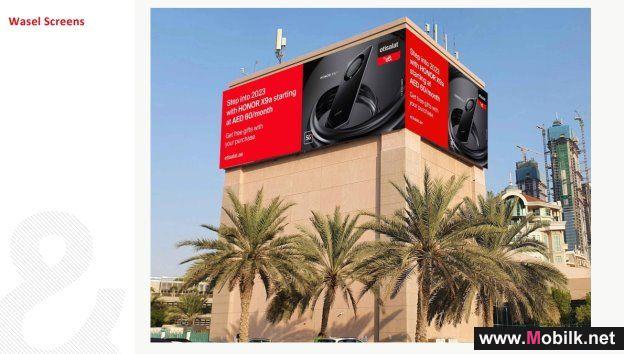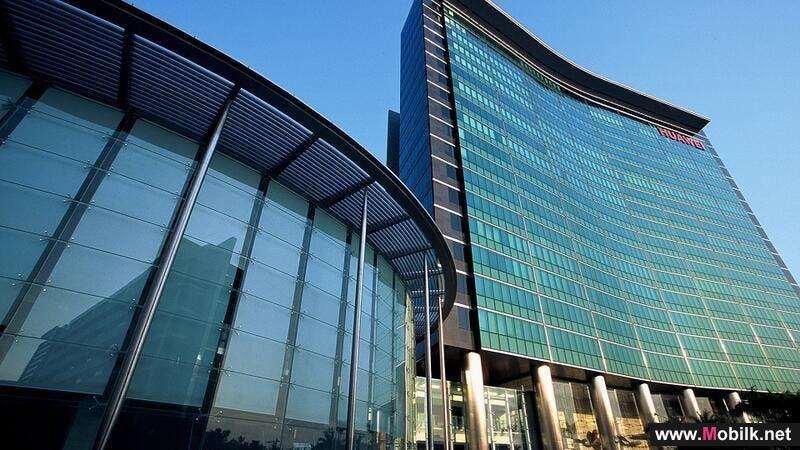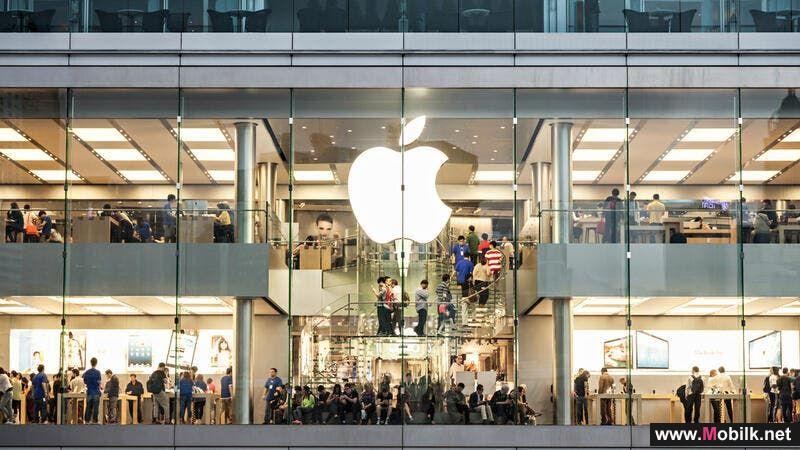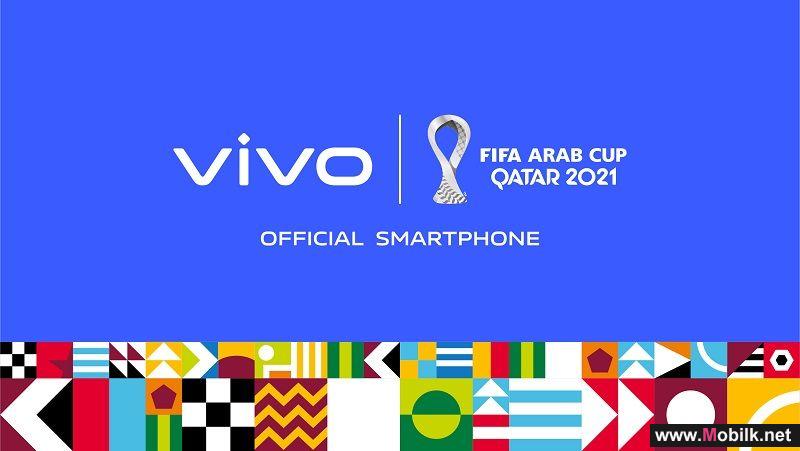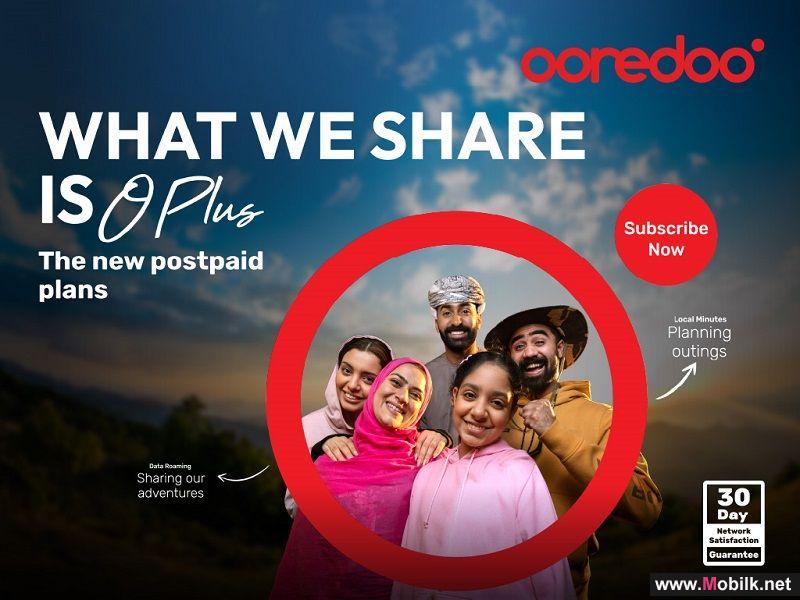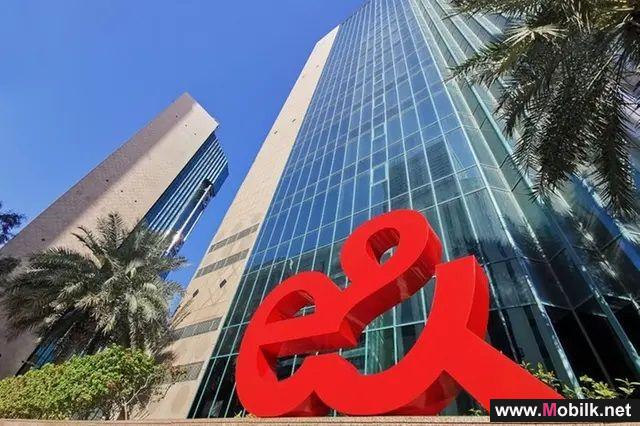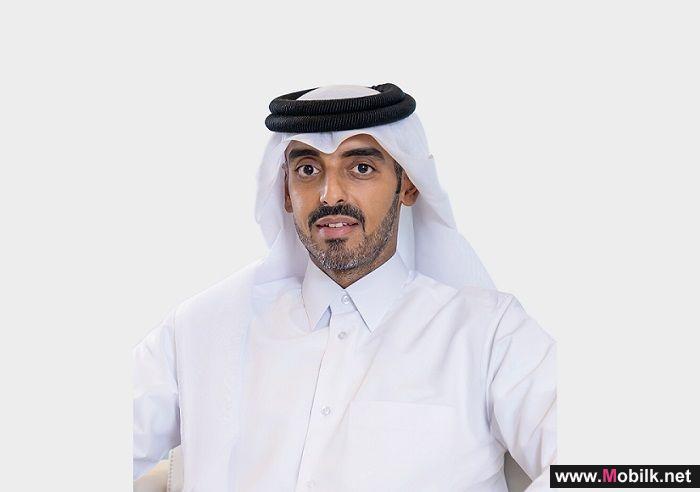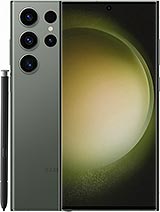Middle East Telecoms to Get Boost through Small Cell Activations
Huawei collaborates with industry leaders to set roadmap for improving connectivity for individuals & business at ‘Wi-Fi & Small Cells MENA’ forum
2014-10-29 - 09:32
GMT
 UAE
UAE
Mobilk - mobile data usage skyrocketing in the Middle East, Huawei—a leading global ICT solutions provider—has united with top telecom operators, regulators and consultants this week to explore how the region’s telecommunications market can deliver enhanced mobile services to individuals & businesses through the activation of small cell technologies.
Under the vision of “Building a Better Connected World”, Huawei hosted a series of expert keynotes, workshops and technology demos at the Wi-Fi & Small Cells MENA conference; the only dedicated small cell technology forum in the region of which Huawei is the Diamond Sponsor.
Today mobile data traffic is experiencing exponential growth in the Middle East driven by smarter data-capable devices as well as high-bandwidth video & streaming applications. This surge in data usage has in many circumstances resulted in higher capacity demands on operators’ networks, putting pressure on operators to deploy small cell technologies to ensure a high quality of service in dense urban areas where “blind spots” and uneven network coverage are still issues for some users.
By 2016, market research has predicted that small cells could serve up to 25% of all mobile traffic , with small cells shipments likely to reach $20.4 billion annually .
“Many countries within the MENA region are already actively involved in small cell activities and are currently in the planning and deployment stages,” notes Dr. Peter Zhou, President of SmallCell & WiFi Wireless Networks at Huawei. “This shift in the local telecommunications market is driven by the evolution of cost-effective small cell products that today allow operators to more easily improve indoor coverage and mitigate service interruptions. Collaborating with local businesses and the public sector, such upgrades are proving essential in offering the bandwidth and speeds needed for upcoming Smart City initiatives across the region.”
During the Wi-Fi & Small Cells MENA forum, public sector representatives were able to consult Huawei experts on how to activate Middle East Smart City initiatives through small cell deployments, reviewing deployment case studies from around the globe. Huawei also laid out new strategies for helping operators improve users’ in-building coverage through innovations like its AtomCell and LampSite solutions. The evolution of multi-band, multi-mode cell technologies was of particular interest amongst regional telecom operators eager to create more flexible & scalable mobile networks to match their customers’ rising capacity demands.
Amongst the senior Huawei experts speaking at the Wi-Fi & Small Cells MENA conference were Mr. Zhao Xuezhi, Global Vice President of Small Cell & WiFi Technologies and Mr. Safder Nazir, Regional Vice President of Smart Cities & IoT at Huawei Middle East.
By 2020 it is estimated that there will be 50 billion connected devices across the world. According to recent studies, worldwide mobile traffic will further grow at a compound annual growth rate of approximately 84% over the next seven years .
Today Huawei is pioneering small cell technologies that can help operators address challenges resulting from this data tsunami, including spectrum shortages, insufficient network capacity, and difficulties in site acquisition for new telecom base stations. Huawei has won more than 180 Small Cell contracts worldwide and occupies a leading position in the global 4G mobile broadband market.
Phones & Tablets
Samsung Electronics announced that its Galaxy S23 Series, which launched for sale globally on 17 February, recorded higher sales worldwide than the..
Phones & Tablets
HONOR is hitting the scene once again with its latest offering, the HONOR X9a and in partnership with Etisalat by e&. This time, the global..
Phones & Tablets
Huawei Technologies Co., Ltd., a leading global provider of information and communications technology (ICT) infrastructure, announced the successful..

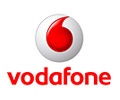 Vodafone Oman
Vodafone Oman Emirates Telecom
Emirates Telecom 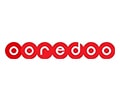 Ooredoo Om
Ooredoo Om Ooredoo Qa
Ooredoo Qa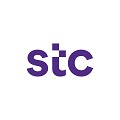 stc Bahrain
stc Bahrain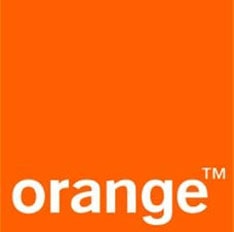 Orange Egypt
Orange Egypt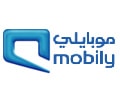 Mobily
Mobily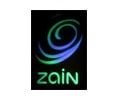 Zain Jo
Zain Jo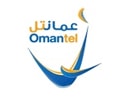 omantel
omantel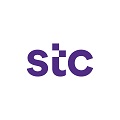 STC
STC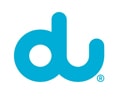 Emirates Du
Emirates Du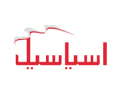 Asiacell
Asiacell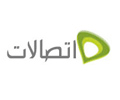 Etisalat Egypt
Etisalat Egypt 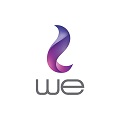 Telecom Egypt
Telecom Egypt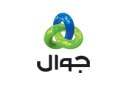 jawwal
jawwal Orange Jo
Orange Jo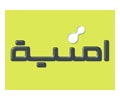 Umniah
Umniah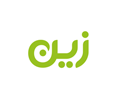 Zain Sa
Zain Sa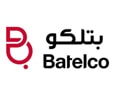 Bahrain Batelco
Bahrain Batelco Zain Bh
Zain Bh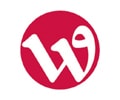 Wataniya palestine
Wataniya palestine Kuwait Viva
Kuwait Viva  Zain Kw
Zain Kw Vodafone Qa
Vodafone Qa MTN Syria
MTN Syria Syriatel
Syriatel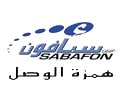 Sabafon
Sabafon Zain Iq
Zain Iq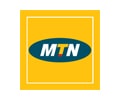 MTN Yemen
MTN Yemen Ooredoo Kw
Ooredoo Kw Vodafone Egypt
Vodafone Egypt 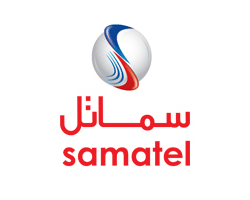 Samatel
Samatel Huawei
Huawei Samsung
Samsung MOTOROLA
MOTOROLA Alcatel
Alcatel Lenovo
Lenovo LG
LG Nokia
Nokia Sony Ericsson
Sony Ericsson HTC
HTC BlackBerry
BlackBerry Siemens
Siemens Acer
Acer Sony
Sony Asus
Asus VK
VK APPLE
APPLE BenQ-Siemens
BenQ-Siemens Sagem
Sagem Eten
Eten HP
HP Panasonic
Panasonic Amoi
Amoi Toshiba
Toshiba Sharp
Sharp Sonim
Sonim Bird
Bird Mitac
Mitac Philips
Philips Pantech
Pantech Vertu
Vertu Micromax
Micromax Maxon
Maxon Haier
Haier I-mate
I-mate Gigabyte
Gigabyte I-mobile
I-mobile Kyocera
Kyocera BenQ
BenQ Microsoft
Microsoft Telit
Telit Connect
Connect Sendo
Sendo SEWON
SEWON Mitsubishi
Mitsubishi DELL
DELL Thuraya
Thuraya NEC
NEC Qtek
Qtek Be
Be Neonode
Neonode Bosch
Bosch MWG
MWG Palm
Palm XCute
XCute Fujitsu Siemens
Fujitsu Siemens WND
WND INQ
INQ Innostream
Innostream O2
O2 Benefon
Benefon Google
Google



